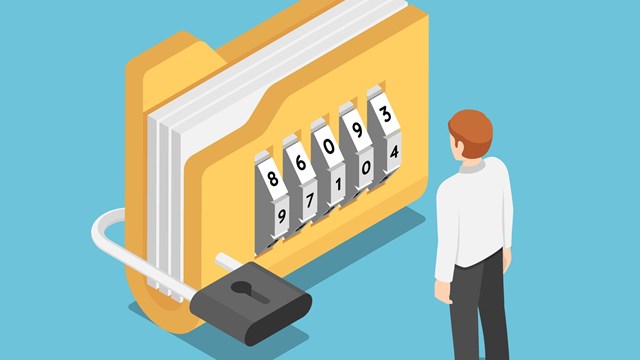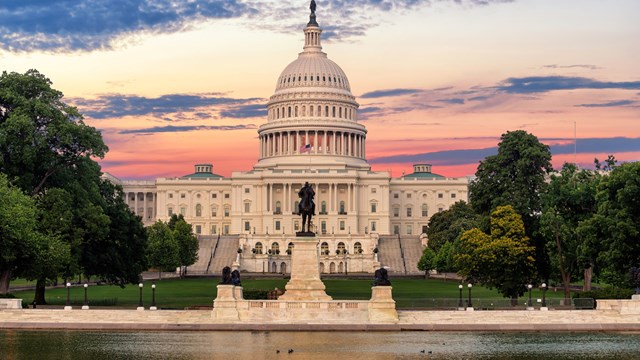The Community Right to Know Regulation (RTK) was signed into New York City’s ordinances under the Bloomberg Administration in an effort to protect residential tenants, building personnel and emergency responders.
The original legislation goes all the way back to Local Law 26 of 1988. The Community Right-to-Know (RTK) Law, requires the city to effectively regulate the storage, use, and handling of hazardous substances. As part of the law, the city’s Department of Environmental Protection (DEP) oversees the use and storage of hazardous substances that pose a threat to public health and environment in the city through its Right-to-Know Program. The RTK Program manages the reporting and storage of hazardous substances by requiring businesses and facilities to annually file a report detailing the quantity, location, and chemical nature of every hazardous substance stored within their facilities throughout the five boroughs.
In accordance with this law, every year on March 1st, facilities that store or use potentially hazardous substances throughout New York City’s five boroughs are required to file reports with the city’s DEP documenting hazardous substances on their property.
Who Must File
The Community Right to Know Act is vast in its scope of what and who is regulated. The regulation defines a hazardous substance as “any chemical which is a physical hazard or a health hazard and which is listed on the hazardous substance list or special health hazard list.” The list of chemicals regulated by this regulation is extensive. Chemicals such as percholorethylene and tetracholorethylene, glycol ethers, gas, oil, flammable liquids, hydrogen fluoride, anti-freeze, battery fluid and sulfuric acid, must be reported even if they are only on site for as little as one day.
This law is directed at both facility owners and/or tenants/leasees that fall into the following categories:
Commercial buildings, businesses, hotels and nursing homes
Utilities, industrial or commercial enterprises
Auto body shops and automobile service stations
Dry cleaners
Funeral homes
Certain other commercial occupations
Every facility falling under this regulation is required to register their building, assess the building annually and document and report toxic substances and chemicals stored in their buildings that are over the maximum permissible limit defined by the law—the “Threshold Reporting Quantity” (TRQ).
Report at Your Own Risk
The reportable amounts are listed on NYCDEP’s website and must be deciphered and then properly reported. If it is found that hazardous substances in your building exist above the Threshold Planning Quantity (TPQ), you must not only pay a fee but also complete and file a Risk Management Plan for that facility. If the level of hazardous substances in your facility is at or below the TRQ, the facility may be eligible for an exemption.
The process for documentation and reporting is as follows:
Annual visit performed by a qualified person, to the property to determine quantities of regulated hazardous substances on the NYC DEP lists.
Research NYCDEP’s website and designated lists to determine whether your specific building ingredient meets this standard, multiply the concentration weight percentage by the weight of the total mixture, then compare your number with the TRQ list.
Report findings online via the Facility Inventory Form (FIF) and document properly
If hazardous substances are found to be above the thresholds, pay the required fee and prepare a Risk Management Plan for submission
If you do not file, file incorrectly or fail to allow a DEP inspector to access your facility upon request, you can be assessed penalties up to $20,000 and possible jail time.
What Boards Must Know
In general, multifamily buildings are exempt from the RTK law. However, multifamily buildings that have commercial tenants such as a dental office, coffee shop, dry cleaner or drug store, are required to register and, if applicable, report and file.
With DEP Inspectors committed to enforce this regulation and the liability incumbent upon owners to properly file to insure the safety and welfare of their tenants, building personnel and emergency responders, this law should not be taken lightly.
Hiring a qualified, experienced environmental consultant to perform the annual audit of your building(s), report the findings, complete forms, prepare risk management plans and advise you on what to do is well advised for best practices, compliance, transfer of liability and to the reduce likelihood of fines.
To learn more about the regulation you can find information at www.nyc.gov/dep or go to ALC Environmental’s website at www.alcenv.com. ALC Environmental is presently offering free informational seminars on how to comply with this law. The hazardous substance list can be found on the DEP website at http://www.nyc.gov/html/dep/pdf/tier2/rtkhazlist.pdf.
Josh Sarett is the founder and president of ALC Environmental, a Manhattan-based environmental consulting firm.







Leave a Comment